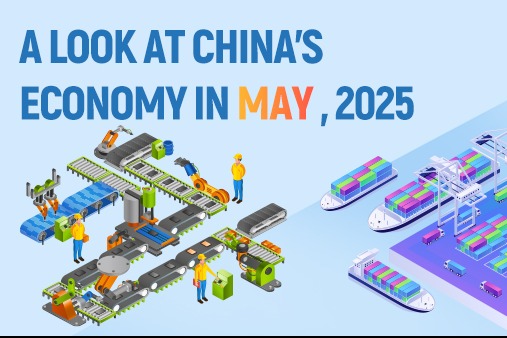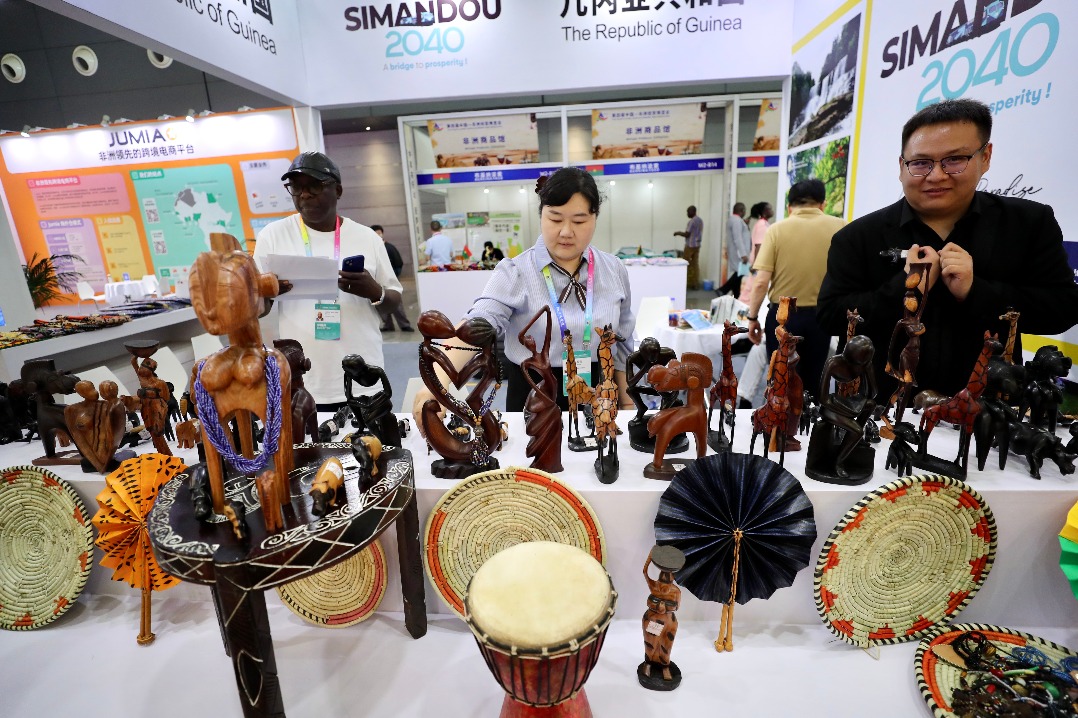Relief and stimulus measures essential to stave off recession


For China's economy, under normal conditions, we advocate little to no stimulus and prefer to let the market play a decisive role in resource allocation. However, due to the severe shocks to both supply and demand, it is difficult for the economy to rapidly recover on its own.
If we do not take timely measures to stabilize and stimulate the economy, the shrinking investment and consumption will form a negative "multiplier effect". The stock price plunge and credit crunch have led to more negative effects, playing a role as "financial accelerators". And company bankruptcies may lead to chain reactions in a growing debt crisis. In this extreme situation, if we still stick to a "no stimulus" policy, it will be unrealistic.
Countercyclical policies amid economic downturns are key and include cutting interest rates. In the early stages of an economic recession, any single policy tool cannot be expected to bring immediate relief. But it can enhance confidence and reduce enterprises' financing costs. We should not shy away from using various policy tools at the expense of economic stability and employment.
Differing from earlier rounds of economic stimulus, this time the plan should include consumption subsidies, small and medium-sized enterprise bailouts, support for emerging industries and building smart cities. The plan should not simply focus on investment in new or old types of construction investment.
The central government will issue special treasury bonds and local governments will increase bond issuances. In addition, the government can require State-owned enterprises in tobacco and financial industries with huge cashflows to pay a large proportion of cash dividends, which can raise 2 trillion yuan in nontax revenue. We can also transfer 10 percent of State-owned equity to the social security fund and correspondingly reduce 2 trillion yuan in enterprise social security payments.
In the face of such a severe economic "short depression", monetary policy undoubtedly should play the role of being a countercyclical measure and immediate, aggressive cuts in interest rates and reserve requirement ratios should be employed and not delayed by monetary policy transmission system reform or real estate policy.
Structural monetary tightening will lead to economic slowdown, which will result in a contraction of corporate credit.
Only when we believe in the decisive role of the market in resource allocation-and we cut interest rates and conduct monetary easing policy-can we solve the financing problems of private, micro, small and medium-sized enterprises and help lower the real interest rate, stimulate private investment and boost consumption.
The author is director of the WANB New Economy Research Institute.




































